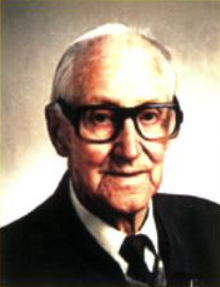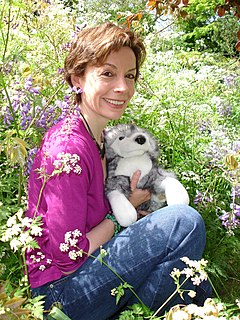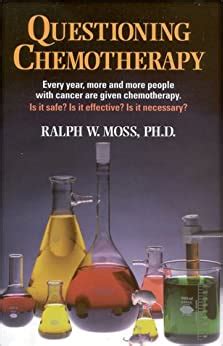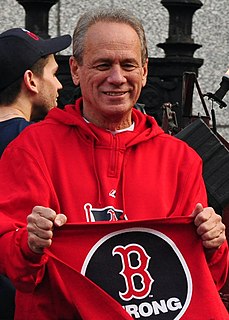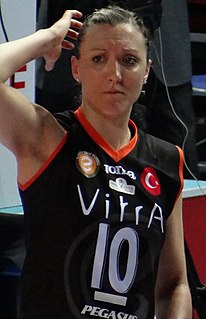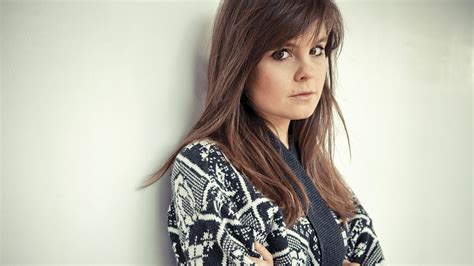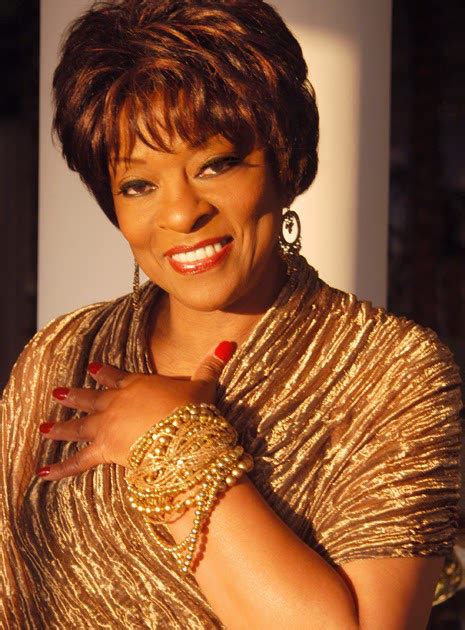A Quote by Craig Sager
What is time, really? When you are diagnosed with a terminal disease like cancer or leukemia, your perception of time changes.
Related Quotes
You've got to get away from the idea cancer is a disease to be cured. It's not a disease really. The cancer cell is your own body, your own cells, just misbehaving and going a bit wrong, and you don't have to cure cancer. You don't have to get rid of all those cells. Most people have cancer cells swirling around inside them all the time and mostly they don't do any harm, so what we want to do is prevent the cancer from gaining control. We just want to keep it in check for long enough that people die of something else.
I have chronic - well, I like to call it late-stage Lyme disease and not chronic, because I like to think someday I'll be all the way cured. It took me a really long time to get diagnosed, and I was misdiagnosed for a long, long time. I was very ill during the end of Le Tigre, which was kind of why that ended, amongst other things.
I chose the Pink Fund because my mom was diagnosed with breast cancer and I was pretty young in high school. At the time when she got re-diagnosed, my family had to move and they lost a job. Times were tough a little bit financially. The Pink Fund allows money to be raised to help women in need. I'm really excited to be able to represent that.
I would tell a newly diagnosed young woman that breast cancer is a complex disease which can be frightening and confusing, and it's normal to experience these emotions, and having a good support system is important. Be an active participant in your treatment, follow your doctor's instructions and ask questions. Also, I would tell her that there have been many advances in breast cancer and women are now living much longer.




